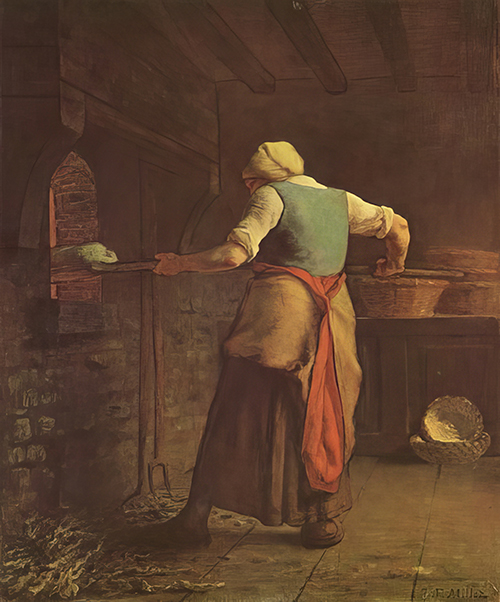
During the Communion ritual the Eucharistic minister holds up in front of each communicant a small, round, white host and declares boldly, “The Body of Christ” to which each declares equally boldly, “Amen”
Really?
Equally, a Eucharistic minister holds in front of the communicant a cup made either of a precious metal, or glass, or a ceramic substance and declares, “The Blood of Christ” and again the reply, “Amen”
Really?
Body and Blood! And we willingly consume each!
Few things speak as wonderfully about life as does the smell of fresh bread.
The smell of fresh bread makes you hungry.
And yet bread begins its life ground!
Kernels of wheat that had to be ground in their individuality to become something communal, flour, which then had to endure fire to be baked into the substance that gives off the smell of life.
Bread begins life brutally!
As St Augustine once said in a homily:
“For surely this loaf was not made from one grain of wheat. The grains were separate before they came together to became one loaf. They were joined together by water, after first having been ground. For if the many kernels are not ground and are not moistened by water, they could not come to this form, that we call a loaf. … And then without fire, there is still not a loaf of bread. (Sermon 272)
Bread must be baked in a fierce heat. Bread then speaks of both joy and pain.
Wine too speaks in this double way: On the one hand, it is a festive drink, the more solemn the occasion the more expensive the wine chosen.
In some cultures, it is a sign of festivity; in others it is common and communal.
Wine speaks of family, of gathering, of friendship, community, of love, of remembering.
We celebrate, with wine.
However, like bread, wine has another side: It begins its life, crushed!
Individual grapes are crushed and, in their being crushed they are bonded.
Bread – calling to be eaten after having been ground and fired.
Wine – calling to be drunk after having been crushed and been brought together.
Eucharist is more than a small round white host.
Eucharist is more than a gleaming chalice.
Eucharist is about being ground. Eucharist is about being crushed.
Eucharist is about being fired; Eucharist is about being bonded.
Let us consider this before we say boldly, “Amen”.
